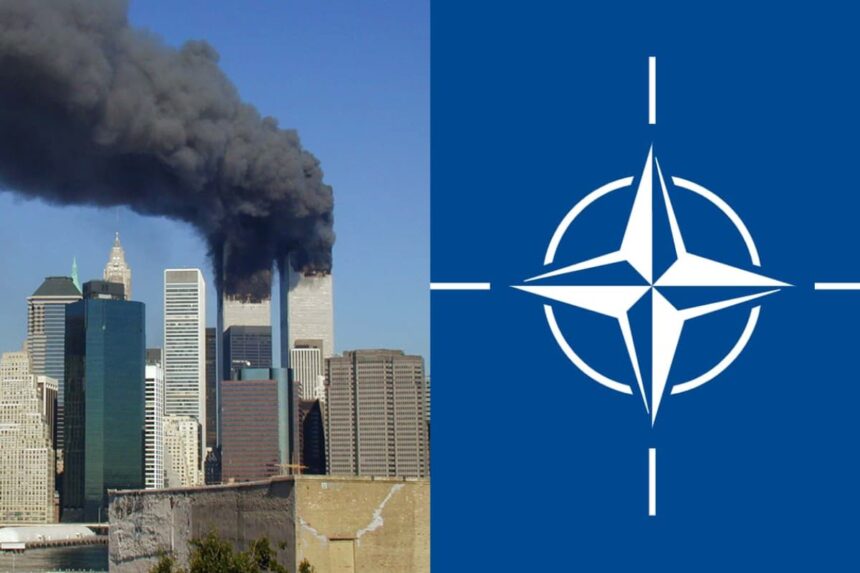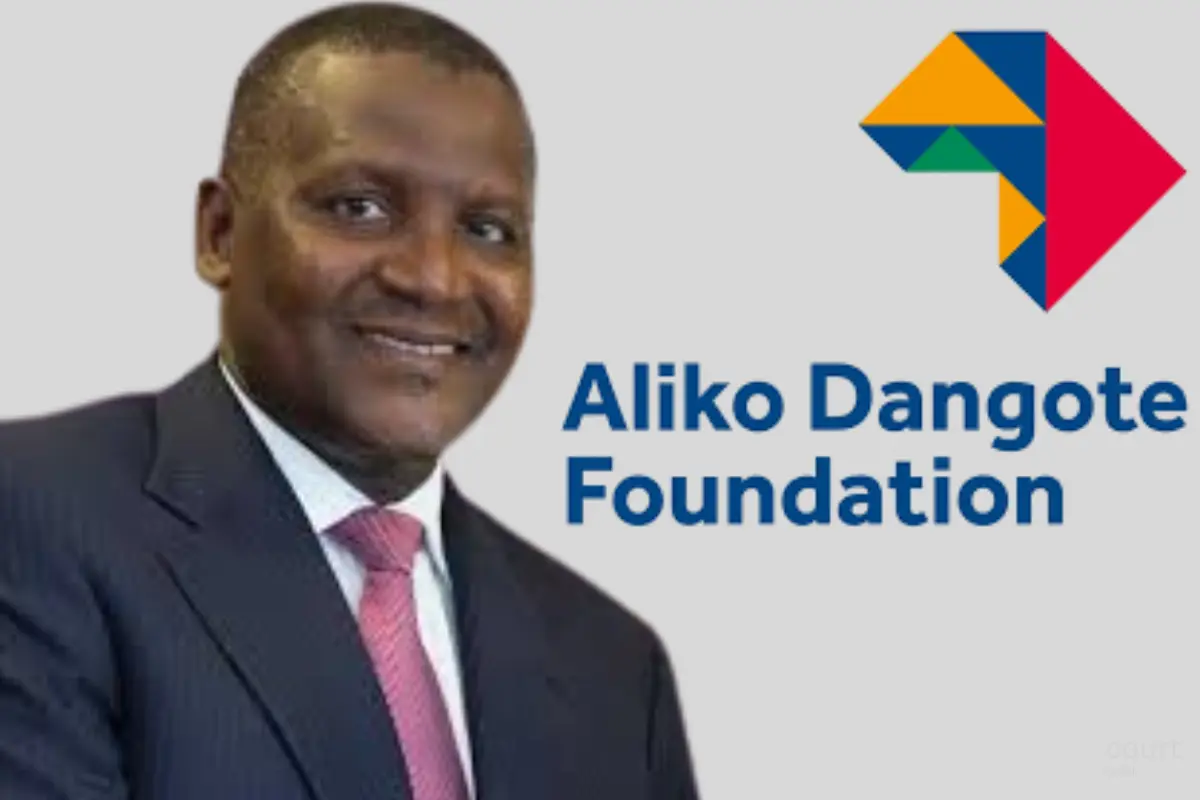The September 11, 2001, attacks on the United States marked a defining moment in global security cooperation. In the aftermath, NATO invoked Article 5 of its treaty for the first time in history, pledging collective defense in support of the U.S. The alliance played a crucial role in the war on terror, underscoring the importance of strong international alliances in times of crisis.
Now, more than two decades later, America’s role in the free world and global security is again under scrutiny—this time over Ukraine. The U.S. was instrumental in persuading Ukraine to surrender its nuclear arsenal in the 1990s through the Budapest Memorandum, a security assurance agreement signed alongside the United Kingdom and Russia. In exchange for Kyiv relinquishing its Soviet-era nuclear weapons, these nations pledged to respect Ukraine’s sovereignty. However, Russia’s 2014 annexation of Crimea and its full-scale invasion in 2022 have cast doubts on the reliability of such assurances.
U.S. President Donald Trump, now back in office, has stirred controversy with his recent comments on Ukraine. In a surprising twist, Trump called Ukrainian President Volodymyr Zelenskyy a dictator and accused him of starting the war, despite widespread acknowledgment that Russian President Vladimir Putin launched the invasion in February 2022.
Trump’s remarks align with his long standing skepticism toward NATO, which he previously called “obsolete.” His stance has raised concerns among European allies, particularly as Congress debates continued U.S. military aid to Ukraine.
Amid growing uncertainty, British Leader of the Conservative Party Kemi Badenoch issued a stark warning following reports that the U.S. is halting military aid to Ukraine. She emphasized the urgent need for Europe to step up its defense capabilities.
“The news overnight that America is halting military aid to Ukraine is profoundly worrying. It is clear that Britain and Europe must re-arm much faster if we want to provide Ukraine with more than just warm words of support. We must work to keep America in, and Russia out,” Badenoch stated.
Her remarks reflect broader European concerns that U.S. disengagement from Ukraine could embolden Russia and weaken NATO’s strategic position.
The unfolding situation has reignited debates about NATO’s role, America’s global commitments, and whether Ukraine was misled into giving up its nuclear deterrent. As Europe scrambles to respond, the world watches to see if the lessons of 9/11—where NATO stood firmly with the U.S.—will shape today’s geopolitical landscape or if history is set to take a different course.


















